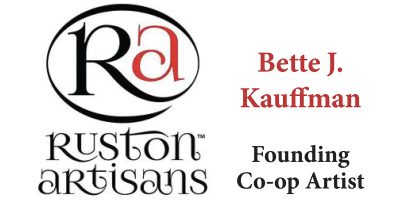And sometimes architecture is, indeed, about buildings and bridges!
Yesterday I wrote about the architecture of lotus leaves; you can read that post here. Today I write to celebrate a beautiful bridge and an interpretation of that bridge that is now being exhibited in its third show!

The John James Audubon Bridge crosses the Mississippi River between Point Coupee and West Feliciana Parishes in south central Louisiana. It is a “cable-stayed” bridge and, according to Wikipedia, has the second longest span between towers in the Western Hemisphere.*
Of course, I didn’t know that when I decided to take the “back roads” home from Baton Rouge one day, my purpose being to turn a 3 and a half hour drive into however long it takes, given that I planned to stop for anything remotely photogenic along the way. That’s how I make lots of my photos!
What struck me as I approached the bridge that day was the yellow sheathing of the cables. But it was not until I dashed to perch on that 6-inch wide concrete divider that I noticed the exact match between the yellow of the sheathing and the twin yellow lines that separate eastbound and westbound lanes of Highway 10 carried by the bridge.
“J. J. Audubon Bridge, New Roads, La.” is currently exhibited by Cary Photographic Artists of North Carolina in their 13th Annual Open Juried show. It’s an online show you can view here.
Previous shows that have included this piece: Art Melt 2019, Baton Rouge, La.,; 2020 Louisville Art Association National Juried Photography Show, Louisville, Co.
*The longest cable-stayed span in the Western Hemisphere is Mexico’s Baluarte Bridge.
